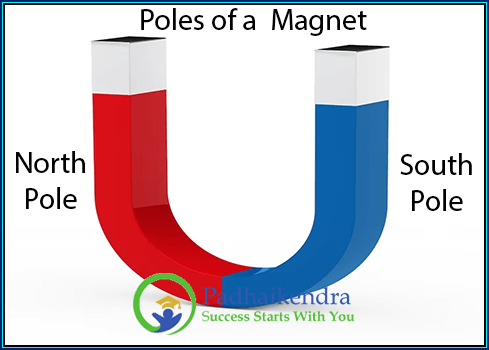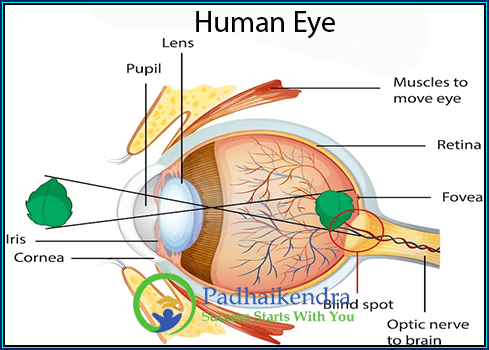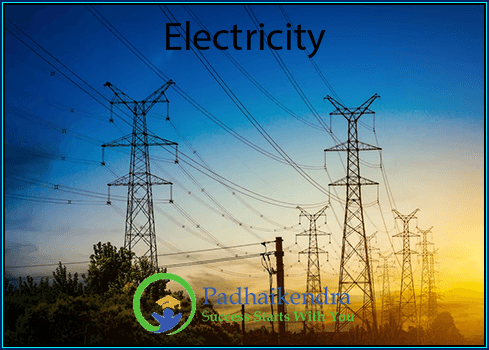Boiling is the process by which a liquid is converted to a gas or vapor phase throughout its bulk, as opposed to evaporation which occurs only at the surface of the liquid. Boiling occurs when the temperature of the liquid reaches its boiling point, which is the temperature at which the vapor pressure of the liquid equals the pressure of the surrounding environment.
At the boiling point, the liquid molecules gain enough kinetic energy to overcome the attractive forces of the neighboring molecules and escape into the surrounding air as a gas or vapor. The process of boiling continues until all of the liquid has been converted to a gas or vapor.
The boiling point of a liquid is dependent on several factors, including the pressure of the surrounding environment, the composition of the liquid, and the altitude or elevation of the location where the boiling occurs. At higher elevations, where the atmospheric pressure is lower, the boiling point of a liquid is lower than at sea level.
Boiling is an important process in many industrial and scientific applications, such as in the production of steam for power generation and in the distillation of alcohol and other chemicals. The rate of boiling can also be controlled to some extent by adjusting the pressure or temperature of the surrounding environment. For example, in pressure cookers, the pressure is increased to raise the boiling point of water and cook food more quickly.




